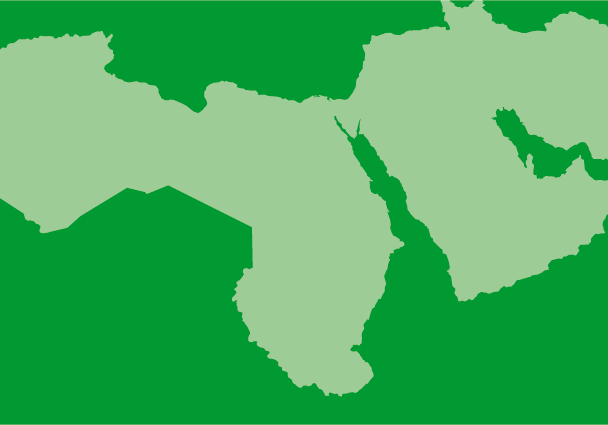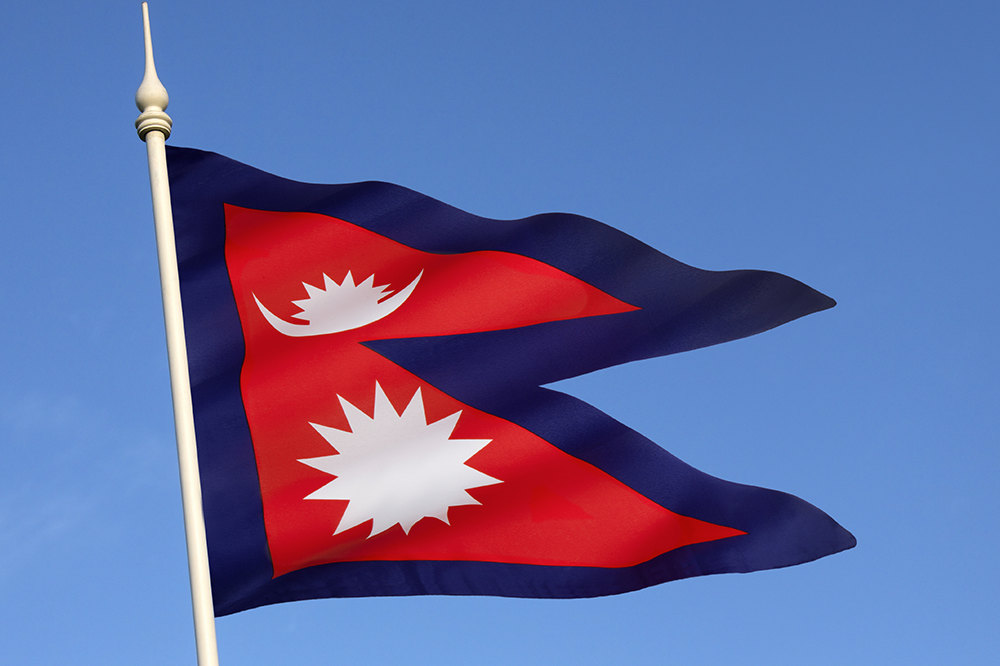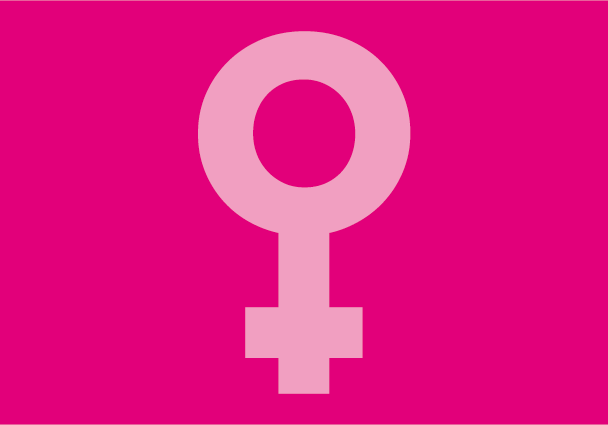
Mar 14, 2014
The ICJ has brought to the attention of the Universal Periodic Review (UPR) mechanism issues concerning due process and access to justice, as well as other key issues to be addressed in the review of Kazakhstan’s compliance with international human rights.
From 27 October to 7 November 2014, the Human Rights Council’s Working Group on the UPR will consider the situation of human rights in Kazakhstan. Ahead of the Working Group’s review, the ICJ has made a submission in which it has identified suggested recommendations concerning:
- Lack of access to independent and effective legal advice and representation, and its impact on the rights to liberty and to a fair hearing; and
- Legal obstacles that impede women’s access to justice, and undermine women’s enjoyment of human rights on a basis of equality and without discrimination.
Kazakhstan-UPR20-StakeholderSubmission-LegalSubmission-2014

Mar 14, 2014
The ICJ brought to the attention of the UPR mechanism issues regarding the effective impunity of the security and armed forces in Egypt for past and present human rights violations, and other key issues to be addressed in the review of Egypt’s compliance with international human rights.
From 27 October to 7 November 2014, the Human Rights Council’s Working Group on the UPR will consider the situation of human rights in Egypt. Ahead of the Working Group’s review, the ICJ has made a submission in which it has identified suggested recommendations concerning:
- The rule of law and civilian oversight of the armed forces;
- The independence of the judiciary and the use and jurisdiction of military courts; and
- The effective impunity of the security and armed forces for past and present human rights violations.
Egypt-UPR20-StakeholderSubmission-LegalSubmission-2014 (download full submission in pdf)

Feb 14, 2014
The ICJ has submitted to the Human Rights Committee an alternative report in advance of the Committee’s examination of Nepal’s combined second, third and fourth periodic reports under the International Covenant on Civil and Political Rights (ICCPR).
The ICJ submission draw’s the Committee’s attention to concerns related to:
- The constitutional and legal framework implementing the ICCPR and the Committee’s decisions on complaints under the Optional Protocol to the ICCPR.
- Impunity for human rights violations.
- Freedom from torture and cruel, inhuman or degrading treatment.
The Committee will examine Nepal’s reports during its 110th session held in March 2014, following which it will adopt Concluding Observations setting out recommendations to the Government of Nepal.
Nepal-HRCttee110-ICJ-AlternativeReport-LegalSubmission-2014 (download full submission in PDF)

Jan 28, 2014
The ICJ has made a submission to the CEDAW in advance of the examination of Kazakhstan’s combined third and fourth periodic reports under Article 18 of the Convention on the Elimination of All Forms of Discrimination against Women.
The ICJ submission draws the Committee’s attention to concerns related to gender-based violence and gender-discrimination.
It also includes a number of broadly framed recommendations urging the authorities in Kazakhstan to address these concerns and give effect to the State Party’ obligations under the Convention.
The Committee will examine the combined third and fourth periodic reports of Kazakhstan during its 57th session in February 2014, following which it will adopt Concluding Observations setting out recommendations to the Government of Kazakhstan.
Kazakhstan-ICJ Submission to CEDAW-advocacy-legal submission-2014 (download in pdf)

Jan 20, 2014
The ICJ has submitted to the Committee on the Rights of the Child an alternative report in advance of the Committee’s examination of the fourth and fifth periodic reports of the Russian Federation under the Convention on the Rights of the Child.
The ICJ submission draws the Committee’s attention to concerns related to:
- The detrimental impact of extractive and mining companies’ activities on children’s rights;
- The detrimental impact of asbestos production on children’s rights;
- The impact on children’s rights of the 2014 Winter Olympics in Sochi.
The Committee will examine the fourth and fifth periodic reports of the Russian Federation during its 65th session held in January 2014, following which it will adopt Concluding Observations setting out recommendations to the Government of the Russian Federation.
RussianFederation-CRC65-AlternativeReport-LegalSubmission-2014 (download full submission in PDF)









